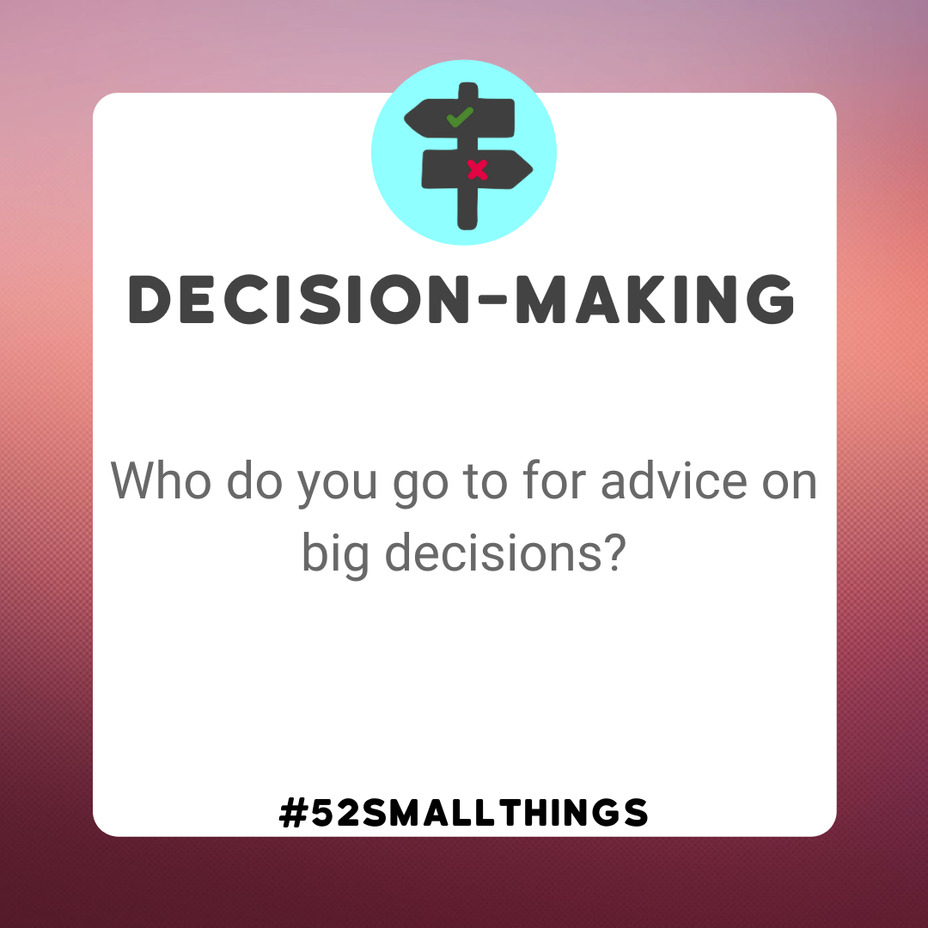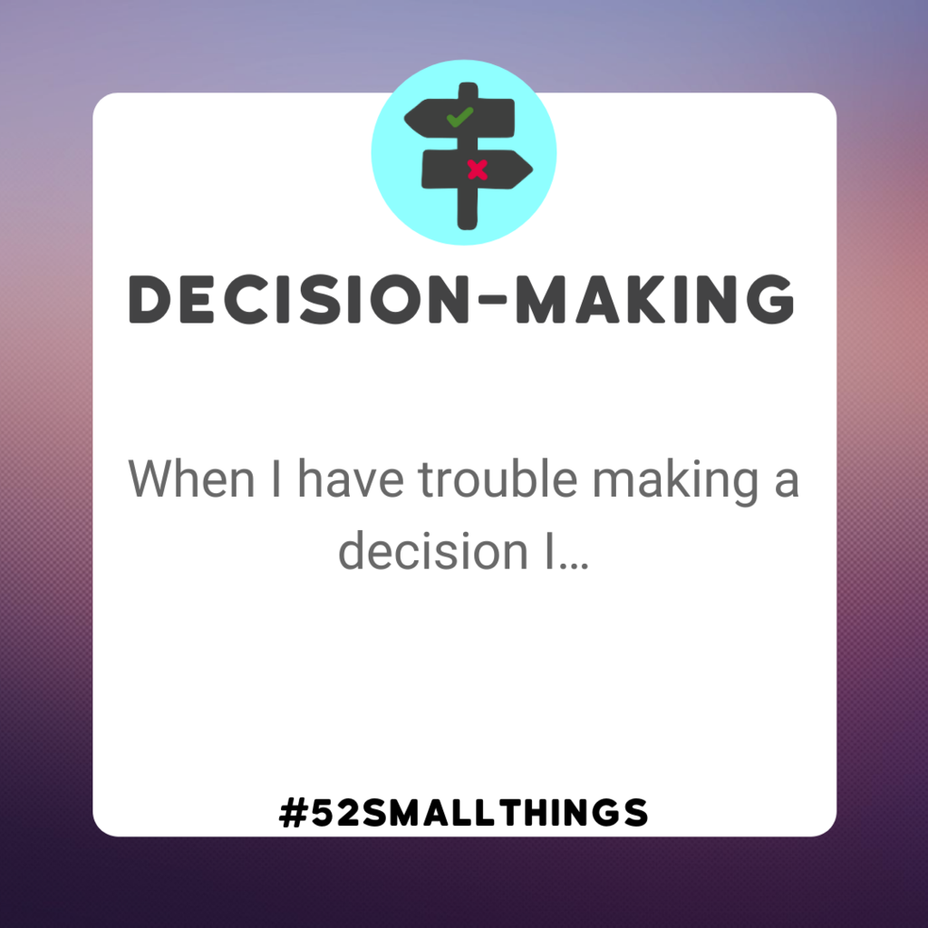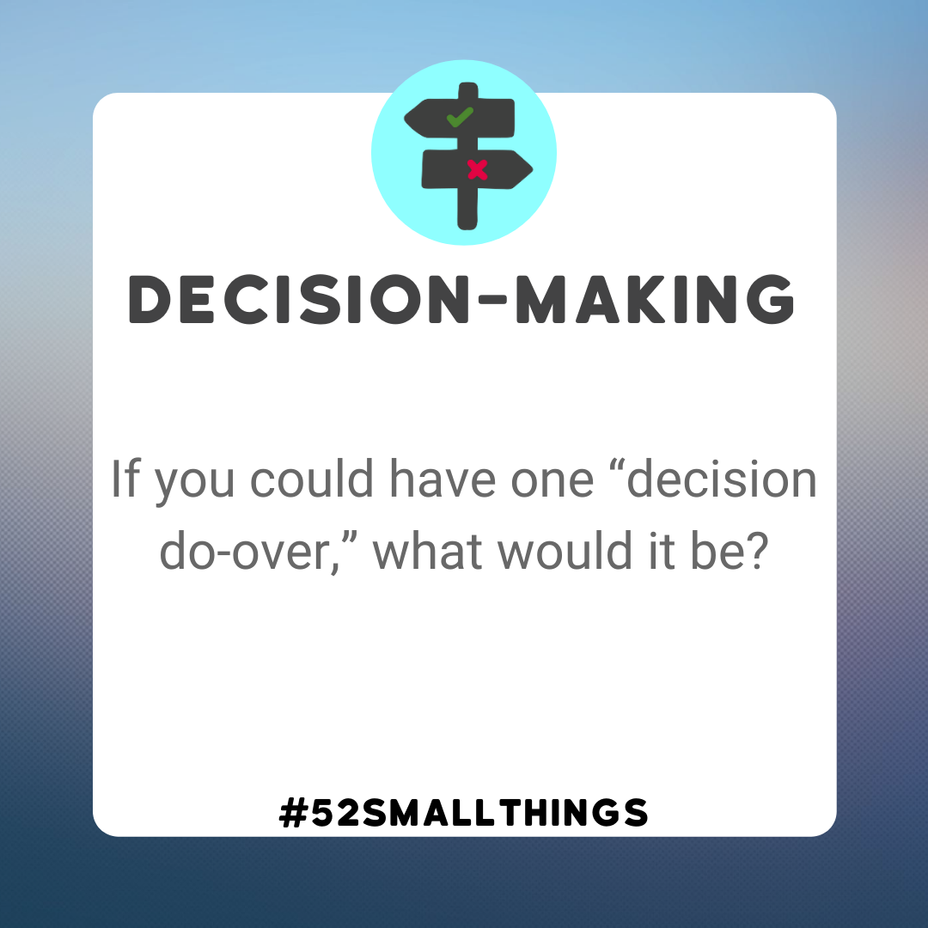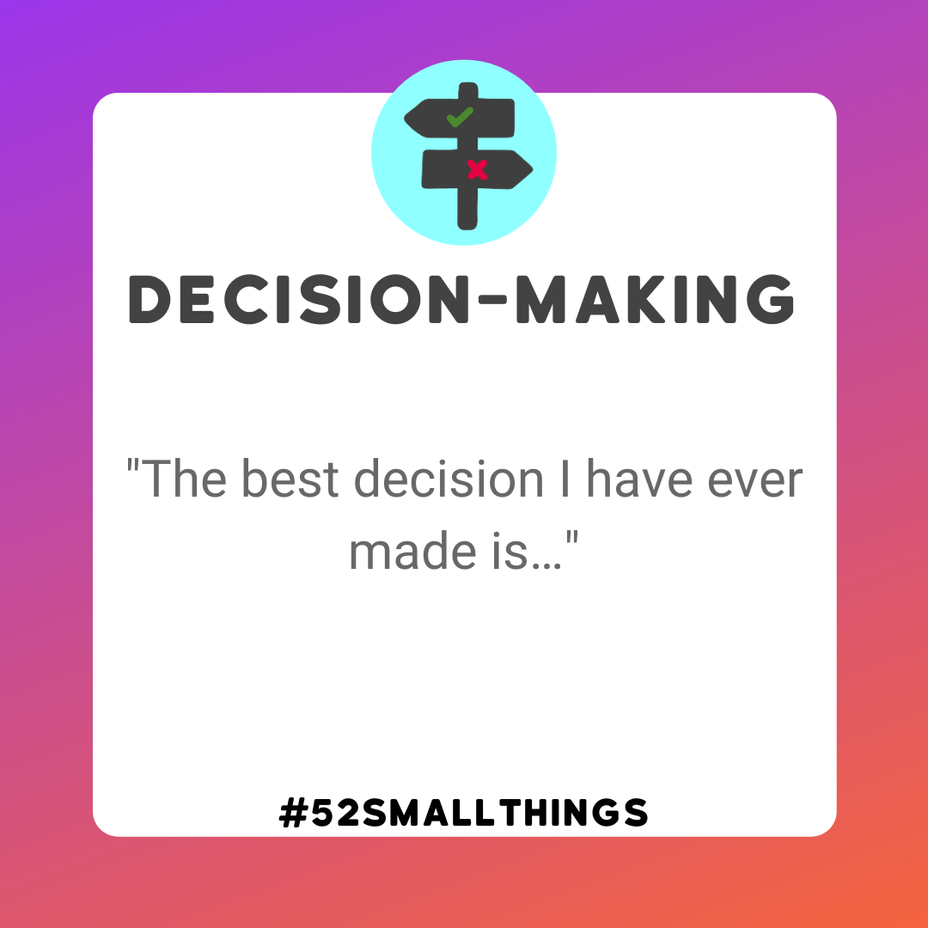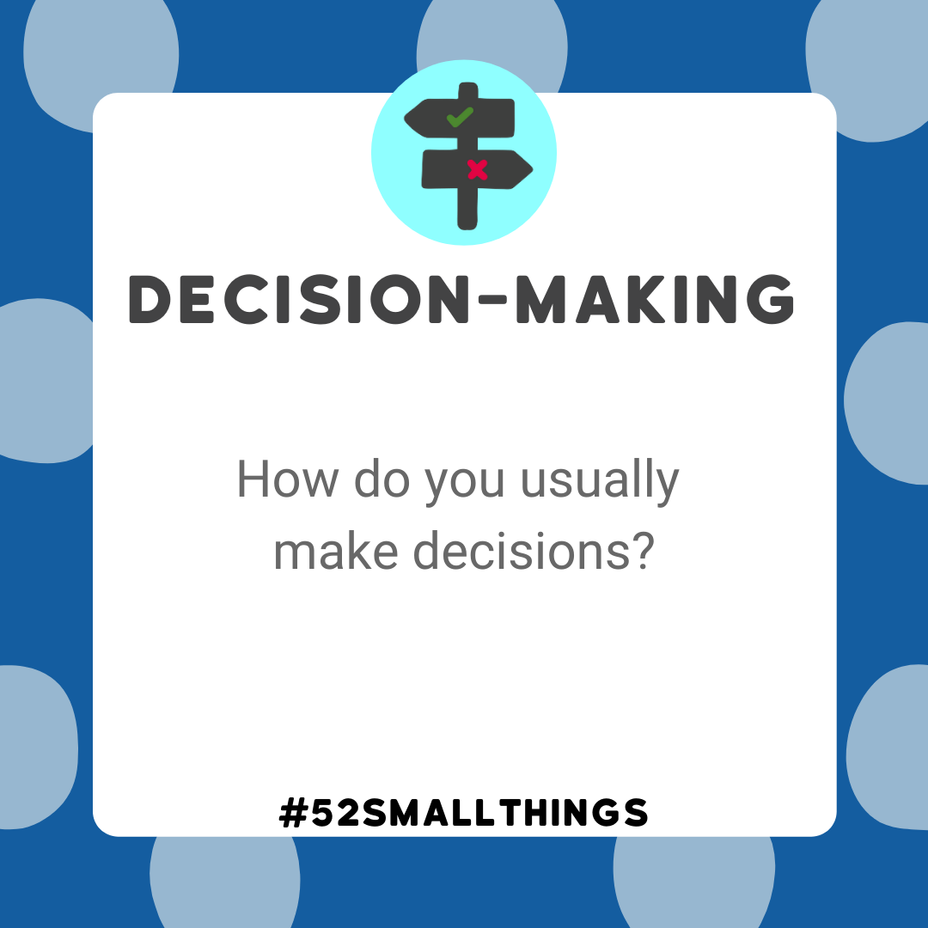Grass is Greener Syndrome: Loss of Trust in Decision-Making
If you aren't familiar with my articles and work on Grass is Greener Syndrome, maybe consider taking a look through my writings to see more on this topic. In summary, people who struggle with Grass is Greener Syndrome (I'll refer to it as GIGS for simplicity) tend to be stuck in a repetitive pattern of always looking for more, or better. Even when something new feels fulfilling at first, eventually the novelty wears off, the euphoria fades, disillusionment sets in, and then it starts to feel like something is missing. In a constant search for the ideal, people who struggle with GIGS often end healthy relationships, or start new careers, or are constantly on the move geographically (or in other ways), repeatedly starting over.
While this is GIGS in action, what is less recognized is the underside of GIGS. This includes phenomena such as decision-making paralysis.
The Underside of Grass is Greener Syndrome
While Grass is Greener Syndrome has its action cycle, GIGS also has a passive underside. This often shows up when people have repeatedly played out the active cycle of starting over, thinking they've found everything they're looking for, and then only to be disappointed and disillusioned again and again. When this happens enough, people can often start to recognize that something isn't working, and it can begin to feel like their decision-making mechanism is "broken". This tends to be experienced as feeling like big decisions you make are the wrong decisions, and will only lead to regret.
Essentially, people who struggle with GIG patterns can eventually lose the ability to trust themselves to make effective decisions. It becomes painful and defeating to keep being hurt by starting over in a relationship, feeling at first like you have everything you want, and then being disappointed again. So, instead, a person goes to the other extreme and stops making decisions or changes altogether. In some ways becoming a passenger in their own life. This leads to the underside of GIGS -- a state of paralysis and ambivalence that takes hold, where people find themselves unable to actually make significant life decisions and are constantly weighing decisions that are either never made, or are made passively (not doing something is still its own form of decision).
Another element of this underside is the sense of wishing to shed responsibility and accountability. There is often a feeling of shame from having made a series of decisions that have led to pain or regret, or a general lack of fulfillment. In response, it can leave people not only unsettled about making further decisions, but it can leave them unsettled about wanting more responsibility for the emotional consequences of future decisions. People in this position would often be happy if someone else initiated the breakup, or suggested a new move, or planned the vacation, etc., because then no matter how it turns out, it doesn't have to feel like they've made another decision that doesn't work out and now they have to cope with. It would be someone else's responsibility, which would feel like a relief to not have the responsibility on their own shoulders. Basically, it removes the potential for more shame, regret, and inadequacy to be experienced if you're not the one ultimately responsible for a decision that doesn't work out.
So, in the GIGS underside, often the changes are actually still desired, however the trust with oneself to make decisions has become compromised and the pain and regret of previous decisions has taken hold.
Where Does Grass is Greener Paralysis Go?
It is not uncommon for someone in this state of decision paralysis to end up feeling depressed, hopeless, unfulfilled, alone, and disappointed in their lives (even if, at times, there can be a lot in their lives to feel fulfilled by, but it's hard to get past the paralysis).
It can often feel for someone in this state like there are only two options -- to either keep playing out the active GIG cycle of starting over, or do nothing and live in disappointment and deprivation. Both can feel quite painful and eventually intolerable. However, there are more options internally for how to manage the risks in making big decisions, as well as potentially learning how to adjust expectations that can also be impeding fulfillment, and other options that may not be as accessible in the moment.
This is one of the reasons, as I've written about in the past, that Grass is Greener Syndrome often needs outside help to come through. When people are in the active or passive GIGS cycle, generally the internal mechanism that has created GIGS has been there for a long time, gaining strength as the cycle repeats. It tends to be a black-and-white, all-or-nothing cycle. And it can be quite hard to find the middle ground and even see the opening for other ways to approach it when entrenched in the repetition. When stuck in the cycle, the goals tend to become focused more on nourishing the deprivations, which perpetuates the cycle, rather than finding one's way out of the cycle.
Working through Grass is Greener Syndrome
I have seen many people come through the other end of Grass is Greener Syndrome. I know when you're in it and feeling helpless or hopeless to the cycle, it may feel impossible to find your way out of it. But it is possible and there is hope to come through the other end of it.
#grassisgreenersyndrome #Decisions #decisionmaking #Relationships #Anxiety #Depression


